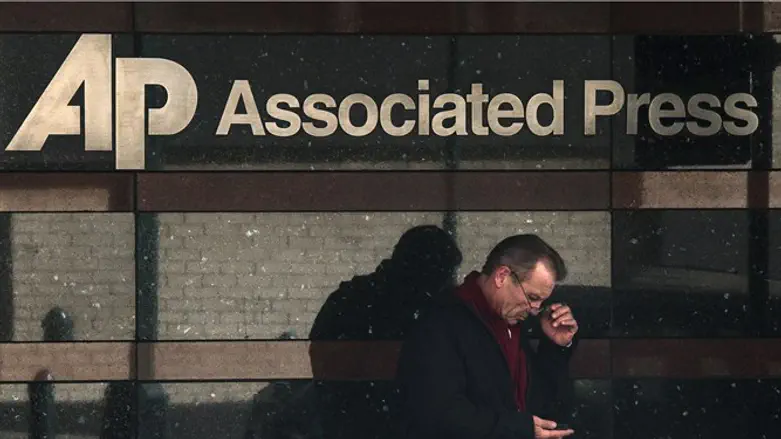
The Associated Press has concluded following a review that its staff did not help the Nazis or their cause during World War II.
German historian Harriet Scharnberg last year revealed archival material which detailed how AP struck a deal with Adolf Hitler's regime for access inside Nazi-ruled Germany.
In an article for the Studies in Contemporary History journal, Scharnberg revealed that in return for that exclusive access - by 1935 all other international news agencies had been forced to leave Germany - AP signed up to what was known as the Schriftleitergesetz, or editor’s law, which meant it pledged to toe the Nazi party line and not publish any material "calculated to weaken the strength of the Reich abroad or at home."
On Wednesday, however, AP refuted those claims in its, though the news agency did acknowledge that German staff members clashed with propaganda officials, “with some doing a better job of resisting Nazi demands than others.” It also acknowledged that AP paid the salaries of several photo service employees who were drafted into propaganda units covering the fighting.
But given the restrictions of operating under the totalitarian regime, AP acted as “forthrightly and independently as possible,” the review said.
“We recognize that AP should have done some things differently during this period, for example protesting when AP photos were exploited by the Nazis for propaganda within Germany and refusing to employ German photographers with active political affiliations and loyalties,” the report says.
“However, suggestions that AP at any point sought to help the Nazis or their heinous cause are simply wrong. Due in large part to the AP’s aggressive reporting, the dangers of the Nazis’ ambitions for domination in Europe and its brutal treatment of its opponents were revealed to the wider world.”
According to AP’s own article on the review, the news agency’s reporting in the 1930s “alerted readers in the United States to the acts of anti-Semitism and cruelty of the Nazi regime both in words and photos.”
The yearlong review was written by Larry Heinzerling, an adjunct assistant professor at the Columbia Graduate School of Journalism and retired AP deputy international editor, and AP investigative researcher Randy Herschaft.